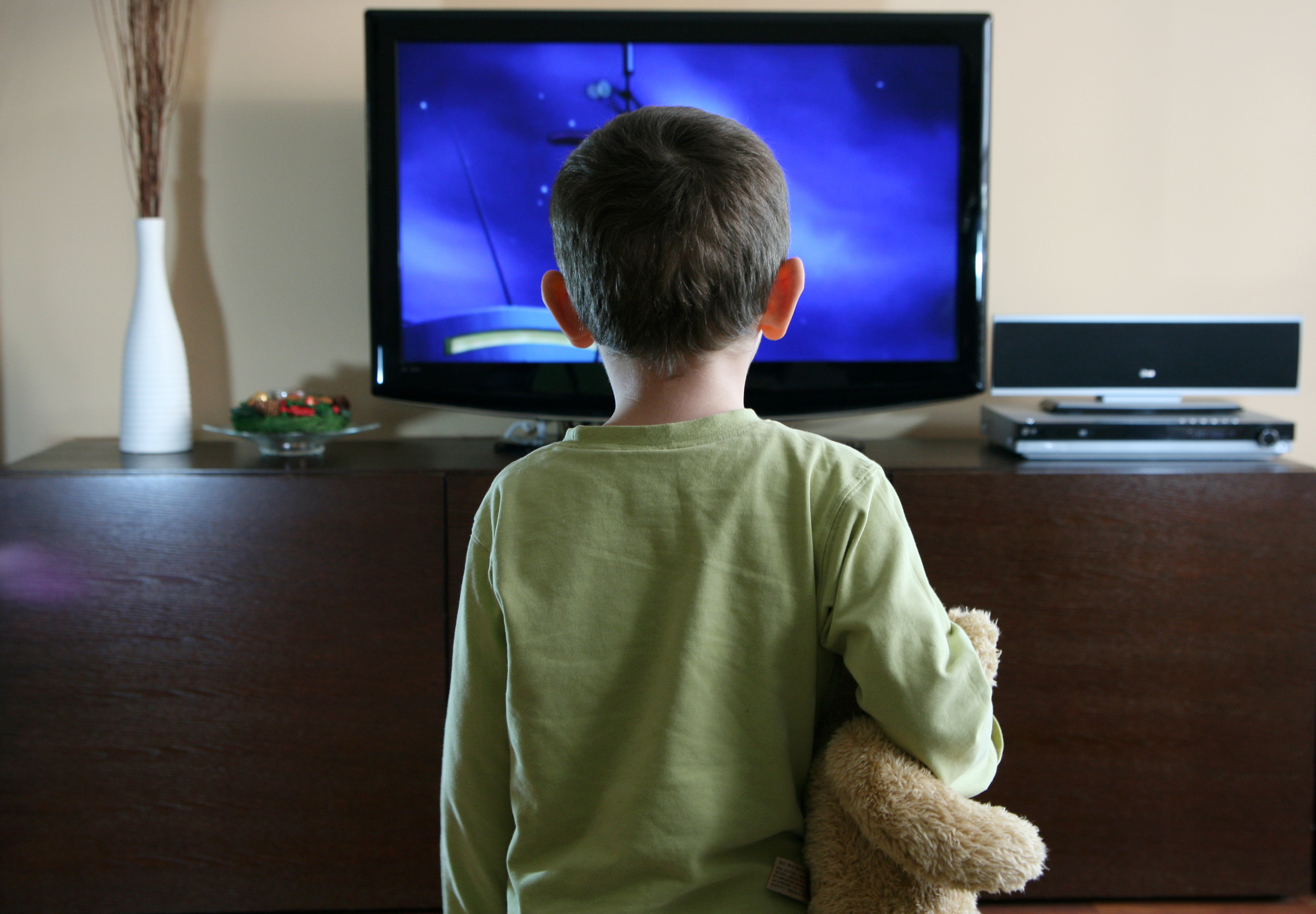Children’s television, whether on public broadcasting or cable, is an undeniable marketing powerhouse. But what can kid’s TV teach us about how to manage entertainment PR?
5WPR Insights
Entertainment PR is not always aiming at the actual consumer
Children’s program marketing and kid’s entertainment PR is an interesting operation because, while the programming is aimed at the kids, they are not the ones with the money to spend. The most successful children’s entertainment PR aims to engage not only the kids but also their parents. If the public relations company nails this dynamic, everyone involved in the project succeeds. In this case, the parents, as gatekeepers, want to feel great about what they are giving their kids. If the kids love it, but they don’t, parents will still buy, but with much less enthusiasm.
Integrated marketing needs to be tightly controlled
The public relations company aligned with perennial favorite children’s show, Sesame Street has generally done a good job of controlling integrated marketing efforts. Whether loaning characters to broader Muppet projects, selling character rights to toy companies or merchandising various successful brands, Sesame Street has generally kept a tight rein on its properties across countless marketing applications. At least in most cases.
Crisis PR must be proactive, honest and carefully orchestrated
Last year, when the longtime puppeteer and actor who brought popular Sesame Street character Elmo to life became embroiled in a PR nightmare, that horror show became a problem for Sesame Workshop public relations across the board. Cynics were already sniping “I told you so’s” even as accusations were made, then redacted, then repeated. In a previous article Ronn Torossian was quoted in USA Today on the Elmo situation.
All this went on while headlines blasted the actor and routinely linked the show to the allegations. Due to the proliferation of incomplete and misinformation that accounted for “news” coverage of this story, the situation provided a prime example of the benefits of proactive crisis PR. Tips on How to Handle Controversy in the Age of the Internet covers some basic principles to follow for those faced with situations such as these. In times of a crisis, proactive PR carefully orchestrated can help to undo some of the damages caused by these PR nightmares.
Read more from Ronn Torossian:
Ronn Torossian on Forbes
Ronn Torossian on SoundCloud
Ronn Torossian on LinkedIn
Ronn Torossian’s Professional Profile on Muck Rack
Ronn Torossian on Business Insider

More PR Insights
Turning Recruitment Campaigns Into PR Wins
PR Strategies for Founder Comebacks: A Guide to Reputation Recovery
How Proactive Communication Shapes Successful Legal Dispute Outcomes